Introduction
Squids are packed with protein, and if you’re a pet parent, you might have asked yourself this question: can dogs eat squids? Yes, they can. However, dogs should not eat squids that are fried, especially those that have been dipped in batter.
Read on to find out what benefits this food might offer to your pet, whether there are any risks involved in feeding squids to dogs, and to check out some serving ideas, too.
Benefits for dogs
Minerals
Squids contain heaps of zinc, copper, and selenium, which are all important minerals that make sure that your dog’s internal organs are up to par and functioning as they are supposed to.
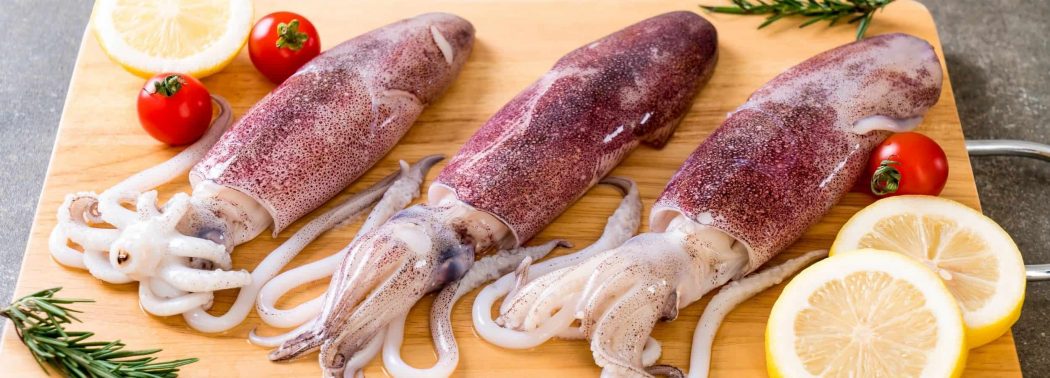
Protein-rich
Something you might not know about squids is that they are actually very rich in protein. 45% of 100 grams of squids are made out of protein, so they make great treats for all dogs.
Low calories
Obesity is a condition that affects thousands of dogs across the world, whether they are neutered and spayed or not. If you’d like to prevent your pet from gaining weight, you might want to add squids to their diet.
Vitamin-rich
This type of food contains a variety of vitamins, but the ones that truly stand out are vitamin C and vitamin B6.
Vitamin C is massively involved in making sure that your dog withstands an infection in case they catch one, so it ensures that their immune system works properly.
Vitamin B6, on the other hand, is excellent for the nervous system, and it’s also said to reduce the risk of heart disease, especially in geriatric dogs.
How much to feed
Since squid is a food that contains heaps of nutrients, including antioxidants, you might be tempted to feed a lot of it to your dog. Before adding any new food to your pet’s diet, make sure to talk to your veterinarian about it.
The following table shows you some serving quantities depending on your specific dog’s size and weight.
Potential risks
Heavy metals
Squids come from the ocean, and heavy metal contamination nowadays affects all types of ocean life, whether fish or seafood. For this reason, only small amounts of squid are safe.
Food allergies
Although cases of squid allergies in dogs are extremely rare, you really can’t know whether your pet might be allergic until you feed them some.
As we have mentioned before, you can test your dog’s reaction by giving them a very small amount of squid and assessing their symptoms over a period of 24 hours.
If there is no skin itchiness, redness, or worse, breathing difficulties, it’s safe to assume that your dog is not allergic to this food.
Preparing the food
While your dog is allowed to eat raw squid, it is always better to cook this type of seafood just to make sure that there is no bacterial contamination whatsoever.
If you do know the supplier, you can give your dog uncooked fish or squid. But if you get them from the store, whether frozen or fresh, it might be a better idea to boil the squid or steam it.
Needless to say, you should always thoroughly clean the seafood before feeding it.

Serving ideas
There are three main ways in which you can feed squid to your dog. The raw variant we’ve already discussed, but you can also bake it or turn it into a squid paste to feed as a treat on occasion.
There’s also the option of you getting dried squid, and these days there are many commercial varieties available. The problem with these is that they might contain sodium as they are primarily intended for human consumption.
Sodium is bad for dogs, so make sure you check the label before buying this type of product.
The only cooked type that we advise against is fried squid. As delicious and nutritious it might be for people, it can put your dog’s health in danger and cause unnecessary digestive distress from all the oil.
Never season the squid before feeding it to your dog. Do not add butter, spices, salt, or any condiments, and don’t cook it in garlic or onion just to be on the safe side of things.
Conclusion
If you feed squid to your dog only in moderation, your pet will get all the right benefits from this food. After all, it’s rich in a wide range of minerals and vitamins, and it also contains antioxidants, which can prevent aging and some potentially life-threatening conditions such as cancer.
Commercial dog food varieties and treats already have the right types of protein, fat, and other nutrients that your pet needs. But squid can be a good and tasty occasional treat, especially if you tend to eat it on a regular basis, too.
As a final note, make sure you consult your veterinarian before starting to feed squid to your pet. Your vet is the person who knows your dog’s specific health status best, so they will tell you if this food is safe for your particular pet’s situation.
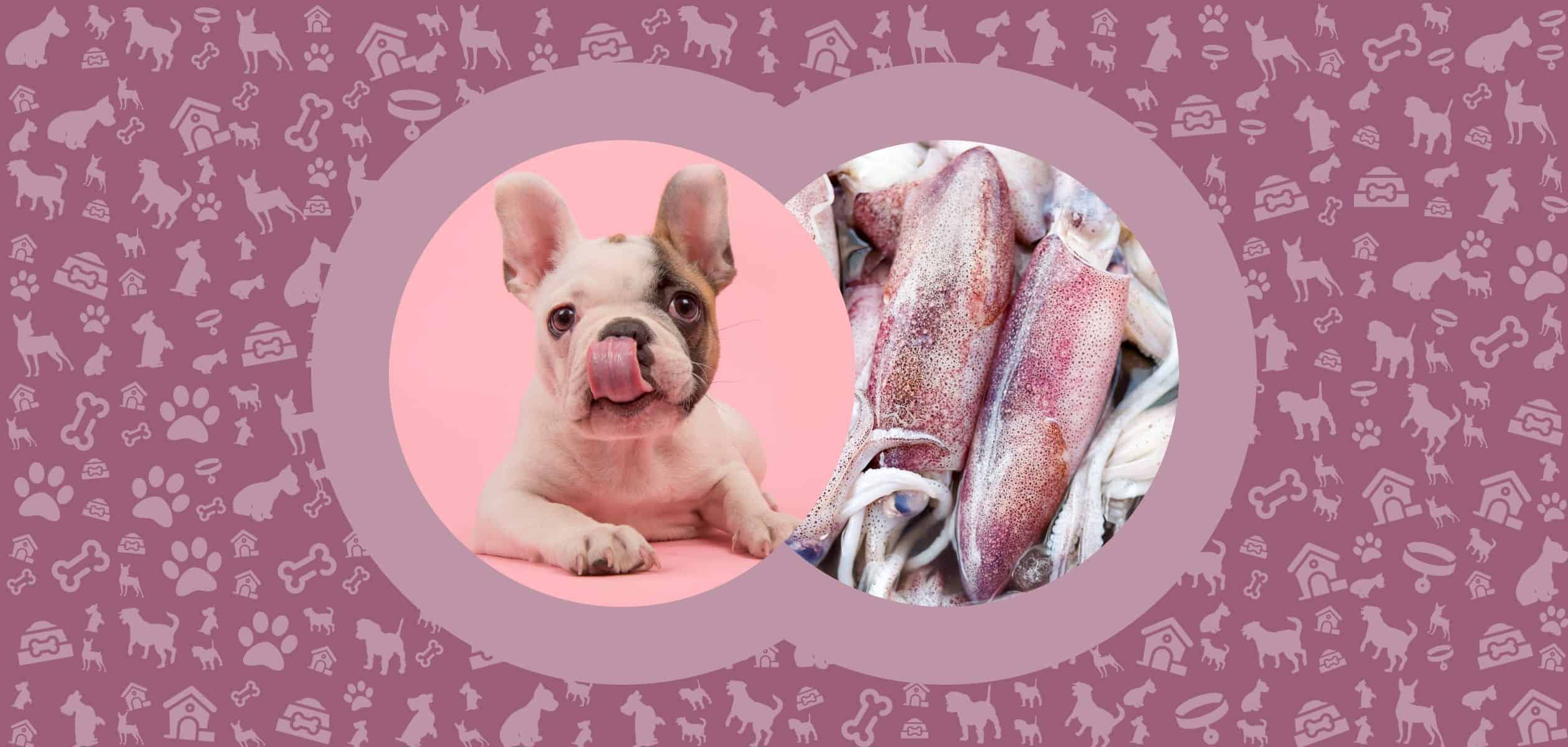


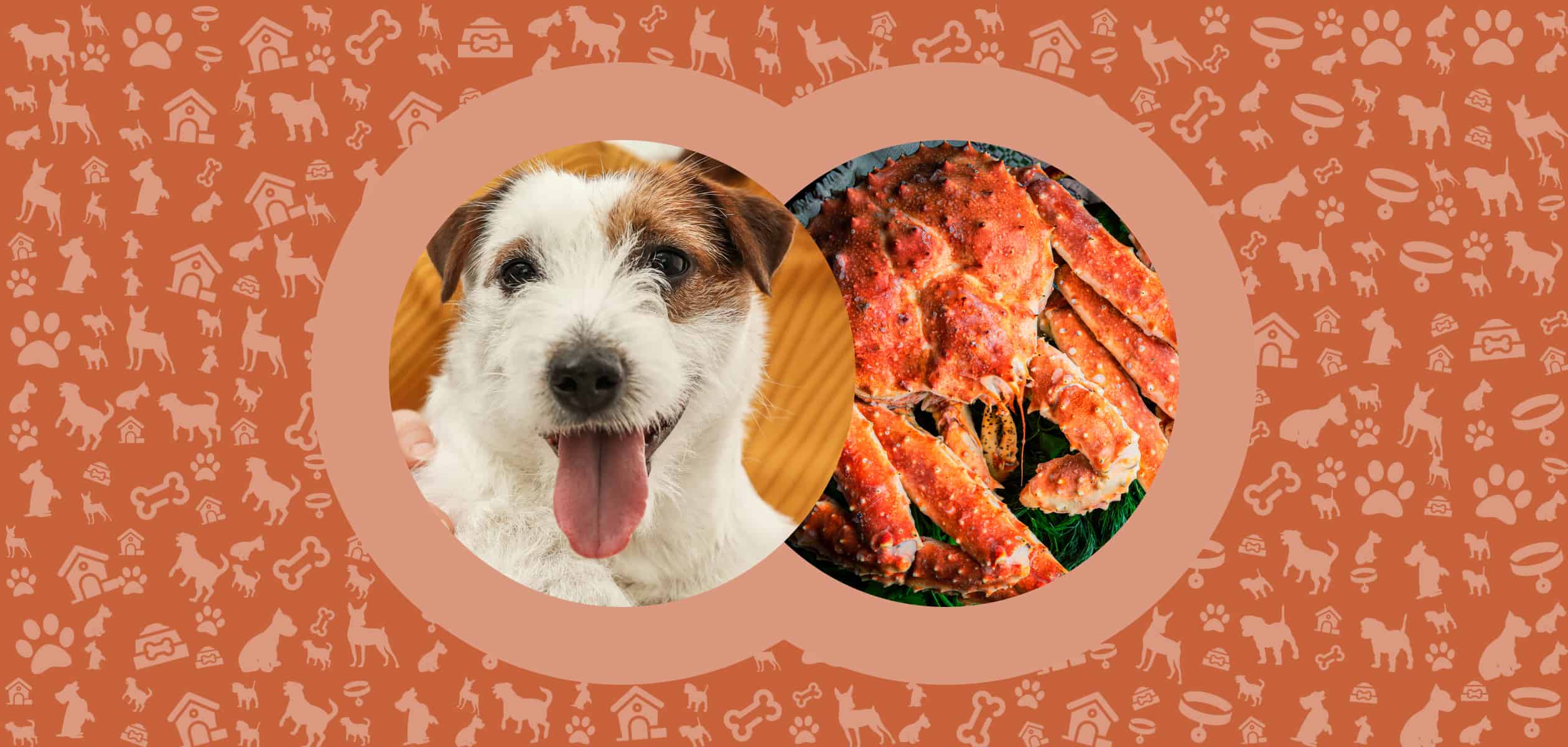

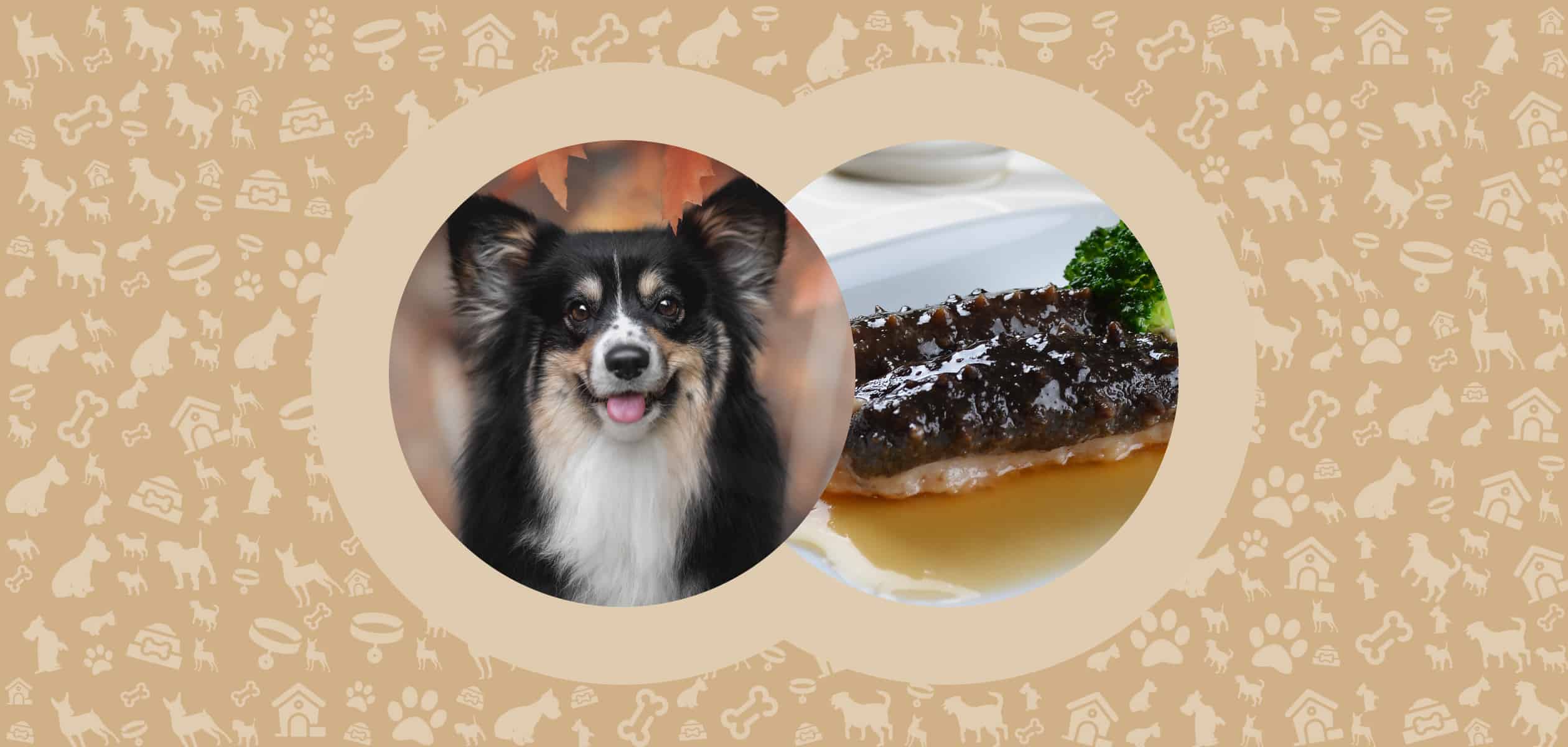
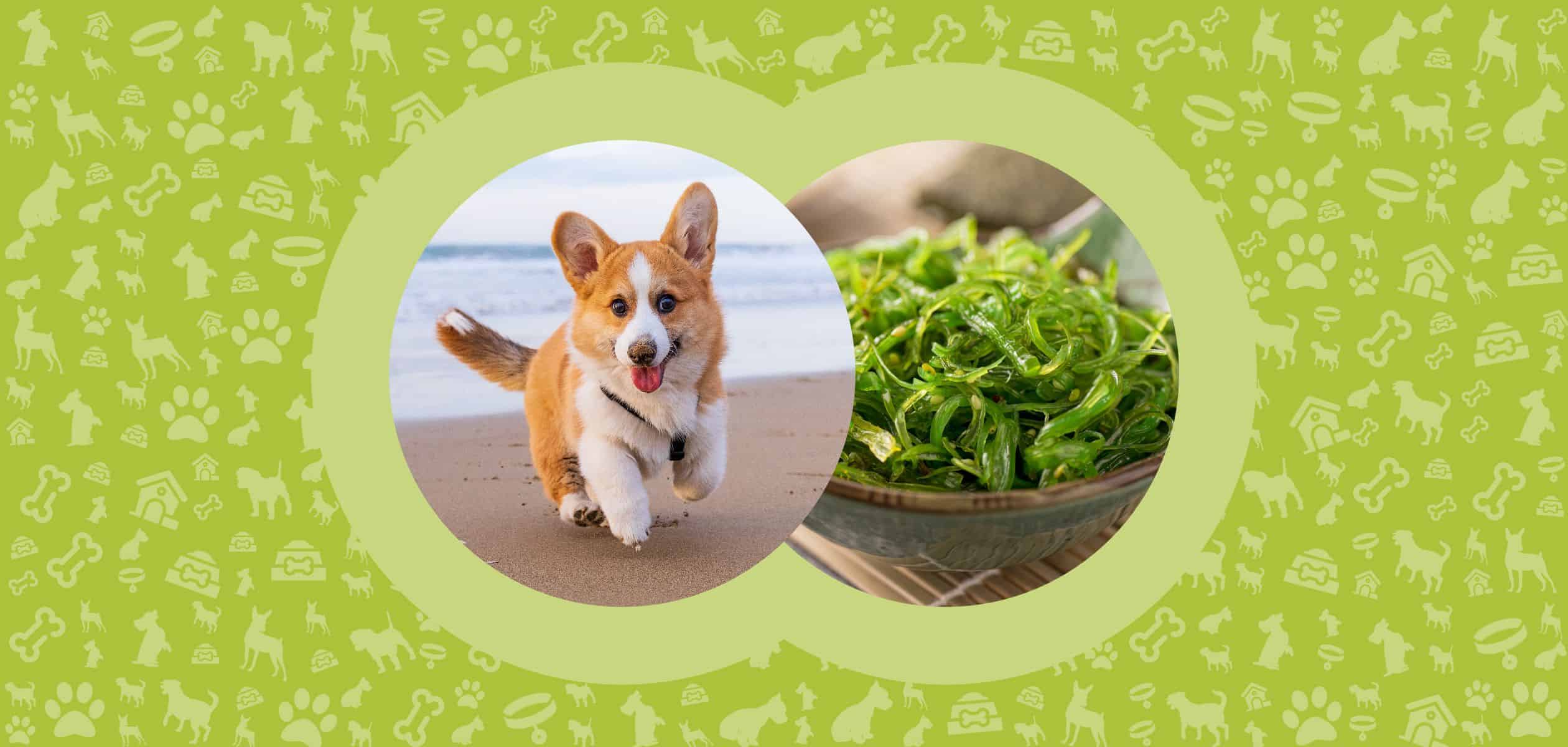
Leave a Comment